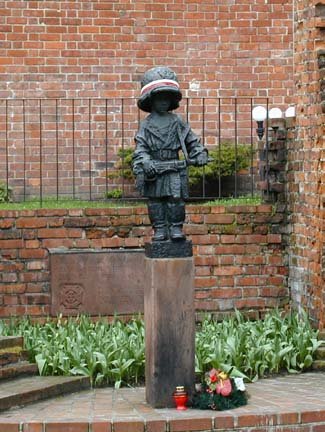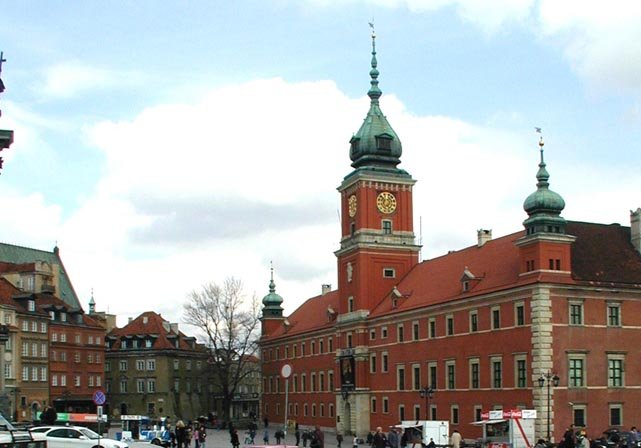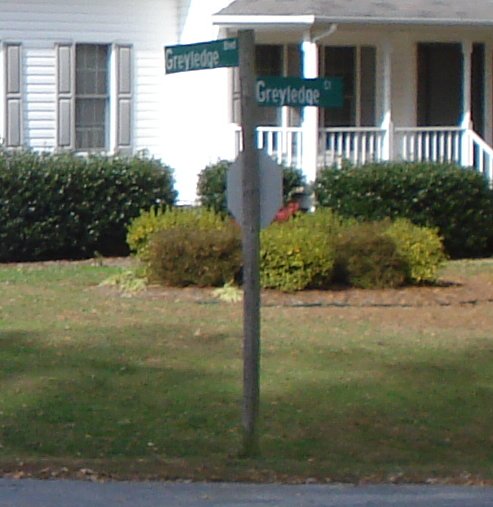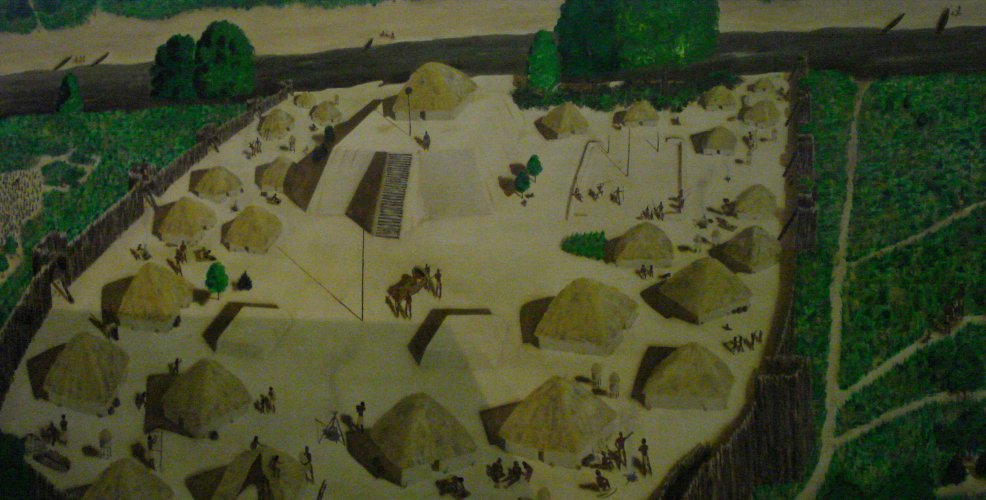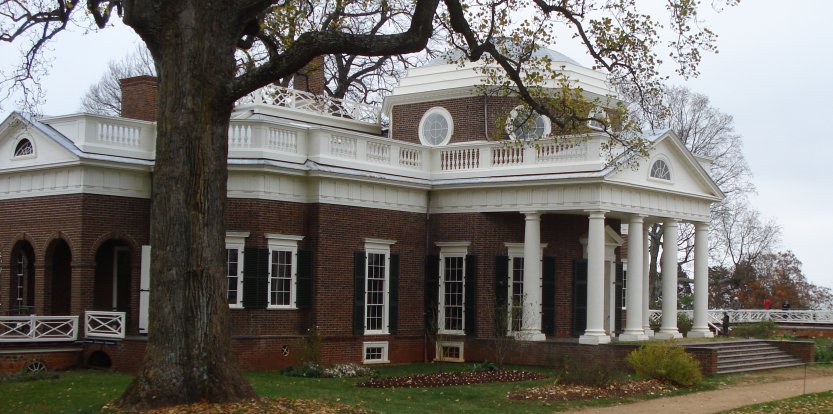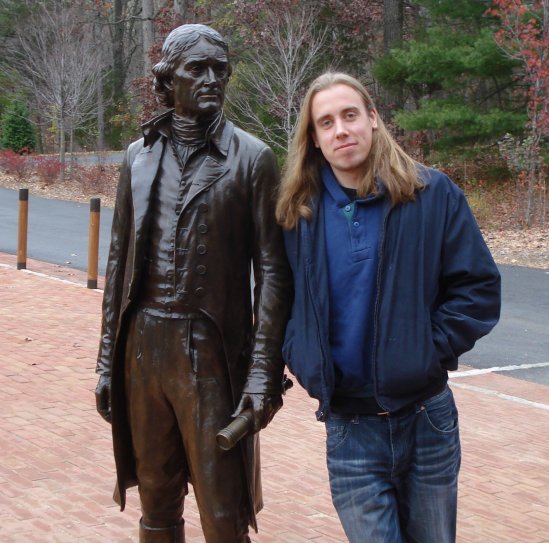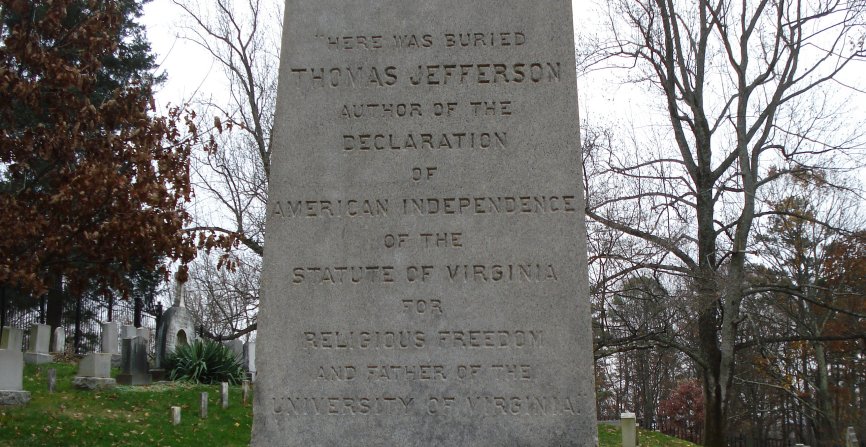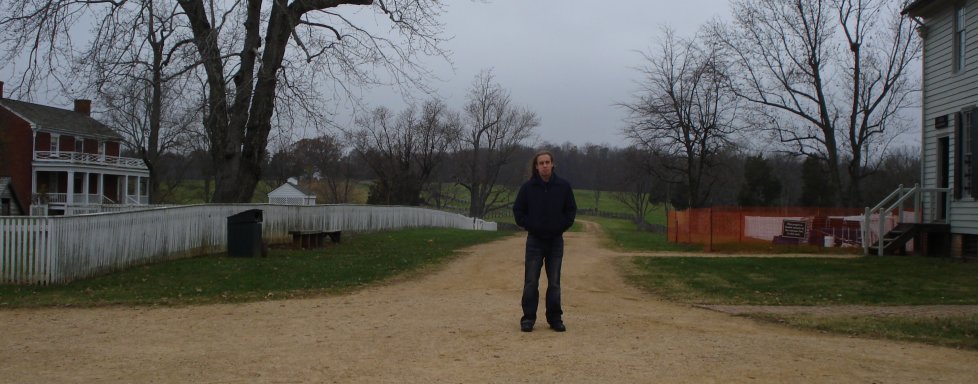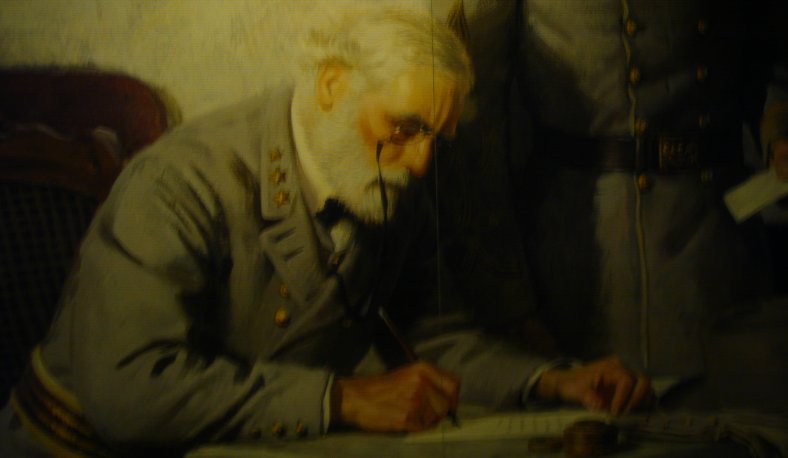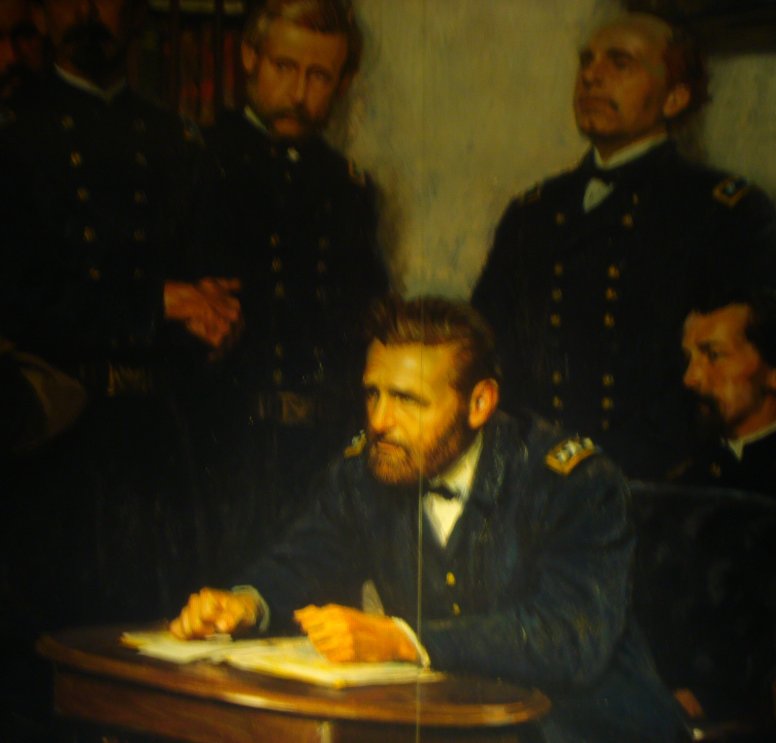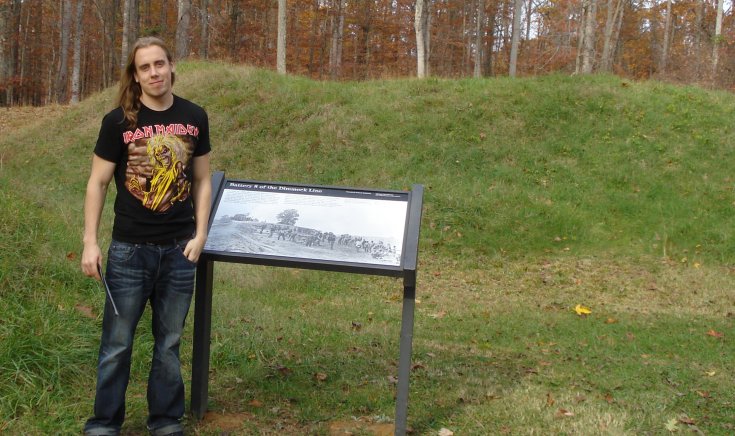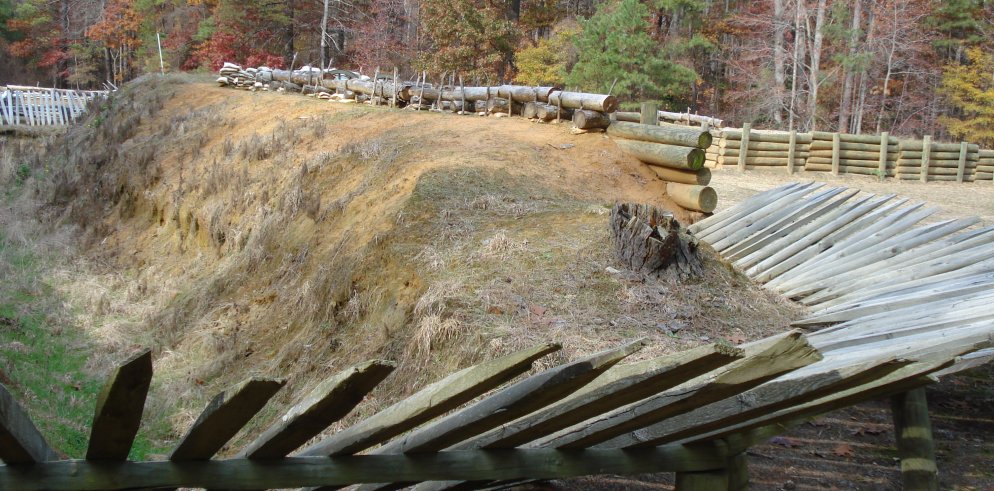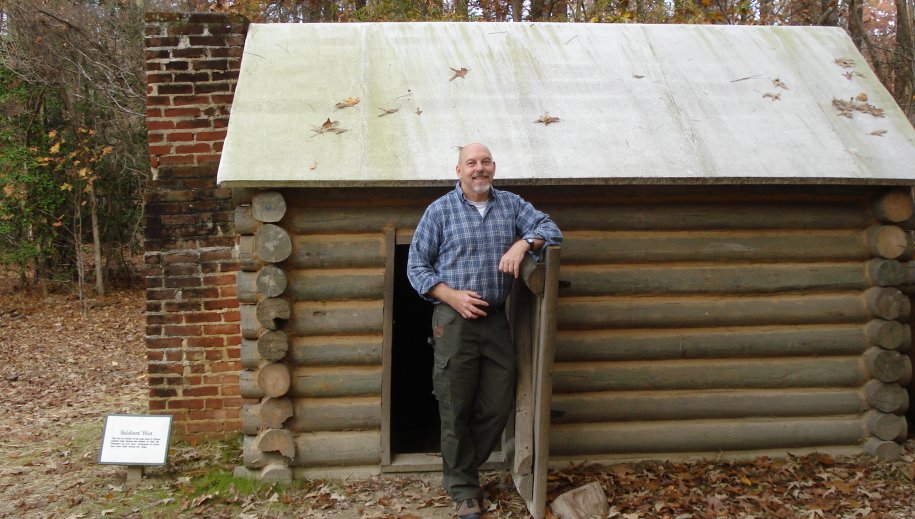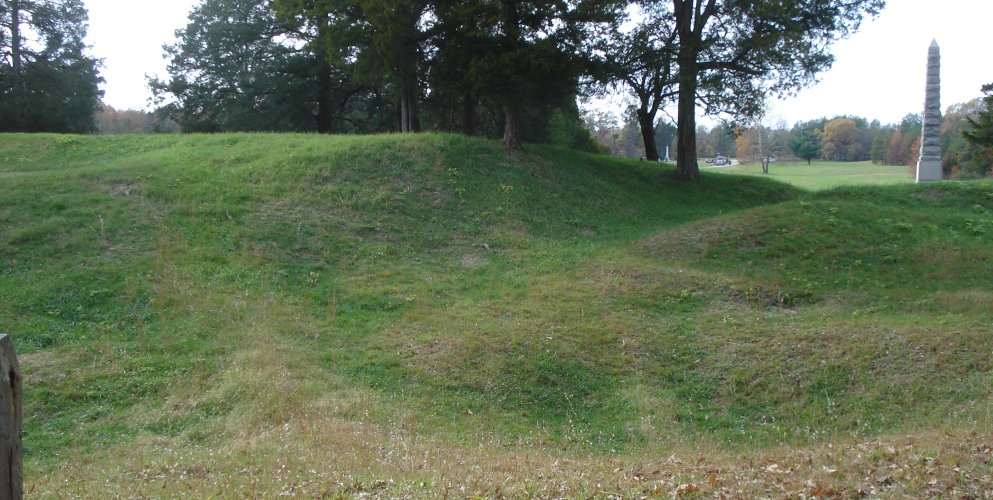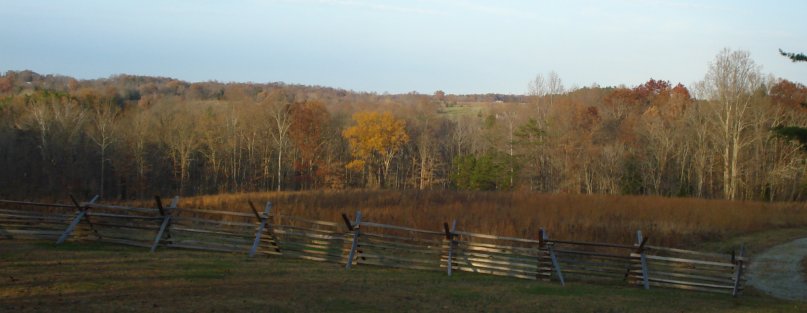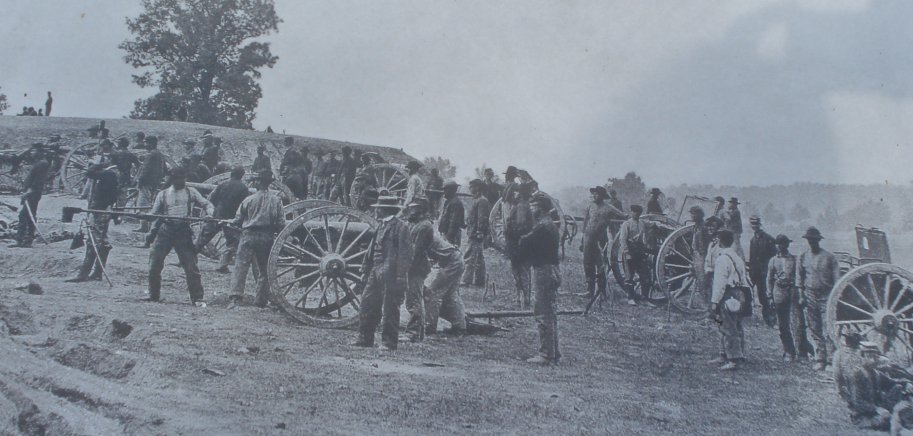
Delusional
I got an interesting comment on a post I wrote a year ago. Goes to show how things live on once posted to the Internet. The commenter said that I was delusional, full of myself and a con artist. I admit that I was a little taken aback. I can understand the delusional and full or myself accusations, but con artist just doesn’t make any sense. The guy didn’t like what I wrote about nature and how I mange my forest lands. You can read the original post at this link and his comment at the bottom of this post. I admit that I chose a provocative title and I guess it provoked … eventually. I invited this guy to write 500 words rebutting me and I promised to post it. I doubt anything will come of it.
People sometimes send comments directly to me, which I don’t publish. I publish almost anything else anybody sends in, but I don’t get too many complaints or comments in general.
My Audience & Editorial Policy
The “delusional” comment made me think about my “editorial policy”. I don’t really have one. I write the blog mostly for my friends and relatives. I know I have acquired some “online” friends and I am grateful for their continued support. The statistics tell me that we get around 600 visitors on a good day, but most are just from search engines hitting on some of the pictures. I figure only that only a couple of dozen people regularly read what I write. During my time in Iraq I know that some families of the PRT & USMC colleagues read the blog for general information about the situation their loved ones faced in Anbar. I am glad that I could provide that service. I suppose most of them have wandered off now that I am out of Iraq. Given the personalized, idiosyncratic nature of my interests and all things considered, I don’t have a “general” audience.
But let’s get to the question of editorial policy. There is a valid question about how comprehensive, balanced or fair any writer should be. Some people worry about this, but it is not something I struggle with. I am honest and try to be as accurate as I can. But I feel absolutely no obligation to be fair, balanced or comprehensive. Mine is only a miniscule contribution to a very large whole, one piece of a very large puzzle. Presumably those looking for a variety of views will gather mine along with a lot of others and make up their own minds.
I think that is a good policy for a blogger who writes for nothing and doesn’t promote his blog.
I believe in pluralism. We need to have a lot of ideas put forward and tested against each other. Our goals should NOT be to achieve consensus or hold each other accountable, beyond the basic imperatives to be honest, remain reasonable and stay reasonably civil. We should also not try to clip our ideas to fit the sensibilities of others. That is the good thing about pluralism. You don’t have to be inclusive. Those who are offended can go someplace else where they feel appreciated, not merely tolerated. That is all I can offer.
Do Not Block the Way to Inquiry
We need to express our idea AND be willing to accept criticism. Everybody is entitled to his/her opinion but nobody is bound to respect them. Too much respect won’t help us find useful truth. Conflicts, corrections, experimentation and restatements are how we come closer to truth. We never get to possess THE truth, BTW, but we will get closer to useful knowledge. (THE truth has no meaning outside religion.) Building knowledge is an iterative process. We try something, learn something, adjust and try again. This goes for individuals, organizations and societies. “Do not block the way to inquiry,” is what the philosopher Charles Saunders Pierce said and he was right.
NB: This is the comment and response copy/pasted from the old blog.
You are delusional. You write as though you are the final authority of all conservation methods, and i quote: “REMEMBER” (as though you are teaching me something from a vast storehouse of knowledge you lord over all other humans)… “Remember, if you want to preserve special places…” you have to chop down others. You’re nothing more than a con artist who has convinced himself you have the perfect key to the very history of natural conservation. You’re completely FULL of bologna, and full of youself to boot. Your best footprint would be perhaps to never have been born. Maybe then your land would not be mangled by the likes of you, but simply owned by someone who appreciates nature. So, YOU REMEMBER THIS: Nature will always trump the stupidity of humans, especially man; who believes he has an answer for everything.
When you have a field, and you allow all the natural elements to contribute in their inevitable way to this field. It then has limitless possibilities. When you decide you know infinitely better than the original design, you simply limit all possibilities, in lieu of what YOU think is best.
This does not make you a great handler of conservation, this just proves that humankind is barely evolved enough to live here, especially those who are so SURE they know best, such as yourself.
Posted by: Robert | November 28, 2009 12:28 AM
Robert
Don’t worry. Not many people read this blog. I write based on my opinions and observations and the only people who read it are those who want to.
I don’t advertise or promote my blog and do not set it up as anything except what it is – my opinions and observations.
If you want to write and send me something around 500 words telling my audience how stupid you think I am, I will post it.
Posted by: John Matel | November 28, 2009 09:14 AM
“When you have a field, and you allow all the natural elements to contribute in their inevitable way to this field.”
It will soon stop being a field and become a patch of secondary growth woodland, and eventually mature forest. This is great for squirrels, but it doesn’t put food on the table.
Posted by: Don Cox | November 29, 2009 07:10 AM



